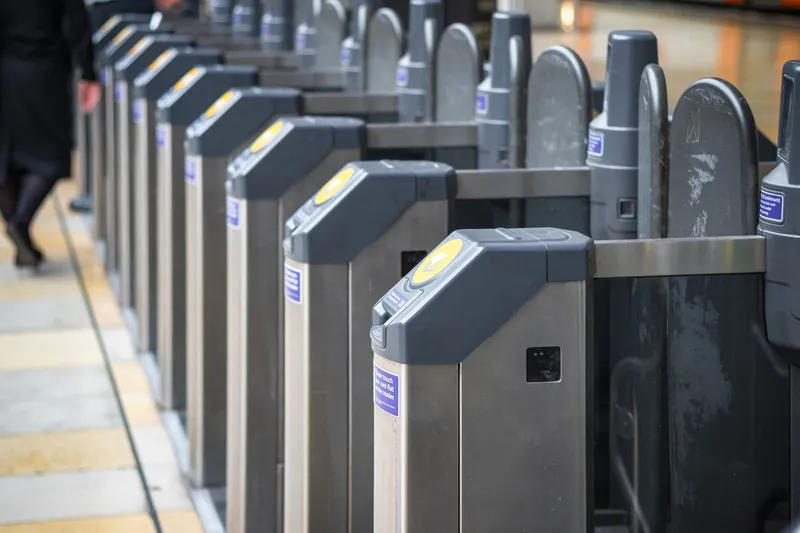The 1.1 million inhabitants of Adelaide, Australia, will shortly start reaping the benefits of a Xerox contactless ticketing system on the city’s network of 1000 buses, 26 trams and 130 railcars. In the test phase, seventy vehicles equipped with mixed ticketing consoles and validators are serving the Adelaide Hills area, where ticket office and retailer machines have already been installed. "This partial deployment represents less than 10% of the project equipment, but calls on almost all of the functions o
October 5, 2012
Read time: 2 mins
The 1.1 million inhabitants of Adelaide, Australia, will shortly start reaping the benefits of a 4186 Xerox contactless ticketing system on the city’s network of 1000 buses, 26 trams and 130 railcars.
In the test phase, seventy vehicles equipped with mixed ticketing consoles and validators are serving the Adelaide Hills area, where ticket office and retailer machines have already been installed. "This partial deployment represents less than 10% of the project equipment, but calls on almost all of the functions of the central system", explains Olivier Lys, lead engineer and Xerox Project Manager.
According to Xerox, the results are promising; responses from passengers testing the new system are positive, while the bus drivers appreciate the automatic stop announcements generated using a combination of geolocation and1691 Google Transit software.
Work has now started to equip all 1,000 buses on the network, to be followed by situ testing of the onboard ticket machine designed by Xerox specifically for the train network.
In the test phase, seventy vehicles equipped with mixed ticketing consoles and validators are serving the Adelaide Hills area, where ticket office and retailer machines have already been installed. "This partial deployment represents less than 10% of the project equipment, but calls on almost all of the functions of the central system", explains Olivier Lys, lead engineer and Xerox Project Manager.
According to Xerox, the results are promising; responses from passengers testing the new system are positive, while the bus drivers appreciate the automatic stop announcements generated using a combination of geolocation and
Work has now started to equip all 1,000 buses on the network, to be followed by situ testing of the onboard ticket machine designed by Xerox specifically for the train network.










